Industry pressures, new partnerships and regional opportunities emerge at German scripted event
Just like the chilly breeze blowing down Oranienburger Strasse last week during the second edition of Seriesly Berlin, the multiple headwinds facing the TV industry are showing few signs of abating.
The conditions are pushing producers, broadcasters and streamers in new directions, with the theme of evolving partnerships a constant throughout the event.
New8 or old school?
Take the shifting sands of Nordic and German co-productions as an example. Miira Paasilinna, managing director of Anagram Sweden, raised the sensitive issue that some initiatives set up to finance ambitious, internationally-driven series such as the New8 (DR, SVT, YLE, NRK, RÚV, ZDF, NPO, VRT), are not always fit for purpose in today’s environment.
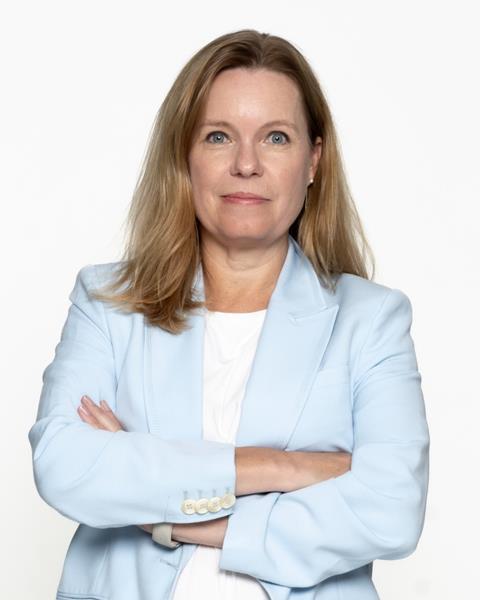
Paasilinna’s company is behind the first Disney+ Nordic original - To Cook a Bear, debuting in October - but she pointed to the consequences of the proliferation of projects heading to the group’s biggest market: Germany.
The country has always been an essential co-production partner because of its size but Paasilinna said leveraging its might within the New8 model is challenged.
“Countries like Denmark and Sweden put more money in and [they] are used to to getting more money from Germany, but now these projects are becoming more challenging,” she said, adding that New8 projects don’t always get as much money as they did.
“The market is drained. We have been advised to approach Germany outside of [the New8] model for our bigger productions,” she explained.
Unusual suspects
The challenging environment is also creating co-productions between players in countries that would previously not have been seen to be natural partners.
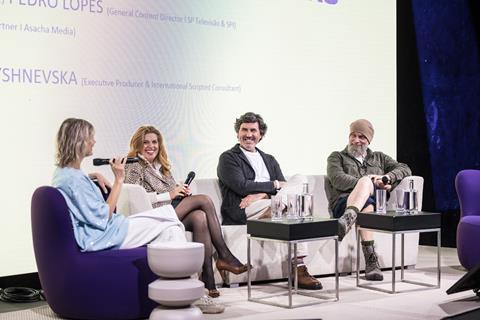
Former Film.UA exec Kateryna Vyshnevska, who is also behind Canal+ show Moloch, suggested that this more entrepreneurial mind set is becoming increasingly important in getting productions off the ground.
“You really have to have the mental agility to see things as they haven’t been seen before,” she said of the new partnerships cropping up on the co-pro front.
Marina Williams, who co-founded Asacha Media Group prior to its sale to Fremantle, underlined this way of thinking when discussing her Spanish/Serbian production Cicatriz/Scar.
The show, believed to be the first Spanish/Serbian co-pro, landed on RTVE, Prime Video Spain and Telekom Srbija last year, and came about because much of Juan Gómez-Jurado’s book - on which the show is based - was set in Ukraine where filming was not possible.
Williams felt the story could still work if transposed to another country and, after consulting with the publishing house, found that sales of the novel in Serbia were strikingly good. Hence a partnership was born.
Execs also highlighted how working with new partners could throw up unforeseen opportunities.
Pedro Lopes, chief exec at Portuguese producers SP Televisao and SPi, discussed drama Cold Haven, a co-production that brought him together with public broadcaster RTP and Icelandic prodco Glass River and its national broadcaster RÚV.
Lopes said the allure of such shows to some Portuguese outlets meant they would sometimes put more money into international co-pros than solely domestic series, which have lower production costs.
Parallel landscape
Producers are also increasingly looking to engage audiences - and monetise content - via social media, and Lasse Scharpen of Studio Zentral outlined his experiences of working on TikTok.
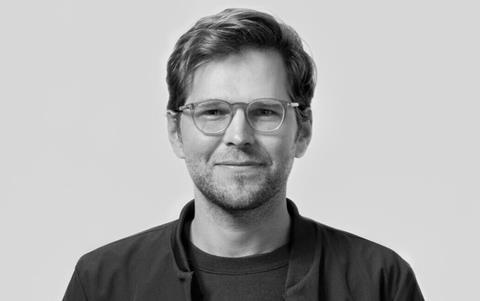
Scharpen, whose company is behind the German remake of NRK’s Skam - known locally as Druk and produced for ZDF - explained that the latest season of his children’s show ECHT would be produced for TikTok.
“It’s like learning to walk again,” he said of producing for the social media platform. The show is already into its third season having debuted in 2023 on kids programming block ZDFtivi, but Scharpen was sardonic about its potential success on TikTok.
“It’s going to be a big failure,” he joked, underling the trepidation producers feel as they attempt to find effective business models and build audiences in this still largely unknown, parallel world.
Filling the US void
Seriesly Berlin may have been taking place far from Washington but US president Donald Trump still managed to enter conversation.
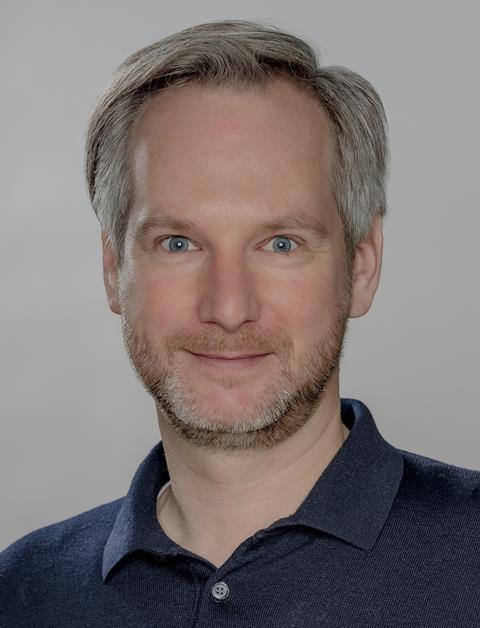
Trump’s suggestion in the wake of the Jimmy Kimmel Live! controversy that TV networks could have their licences taken away if his administration does not approve of their content could present an existential threat to programming in America, some execs suggested.
The fractious political environment in America at present, coupled with ongoing US consolidation and streamer spending cuts, may present an opportunity for Europe, said Henning Kamm, of Real Film Berlin.
“Pluralistic Europe has the opportunity to fill this void,” said Kamm, who with Violet Pictures made German-language medical drama Berlin ER (also known as KRANK Berlin) for Apple TV+ in co-production with ZDF.
The show has just been commissioned for a second season and Kamm said public broadcasters could help fuel creative risk and growth.
“Europe’s strong public service system enables its countries to take many risks that creates a strategic advantage that will enable us to make stuff that appeals to international audiences,” he said.
For those in the crowd, it provided comfort at an event that managed to both confront the cold business realities of today but also managed to reflect Berlin’s creative spirit.


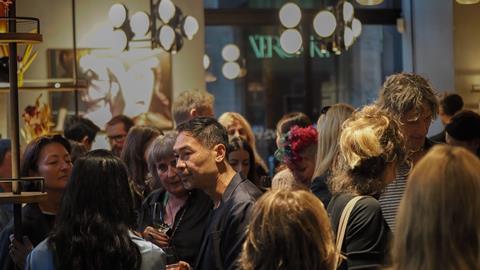






No comments yet